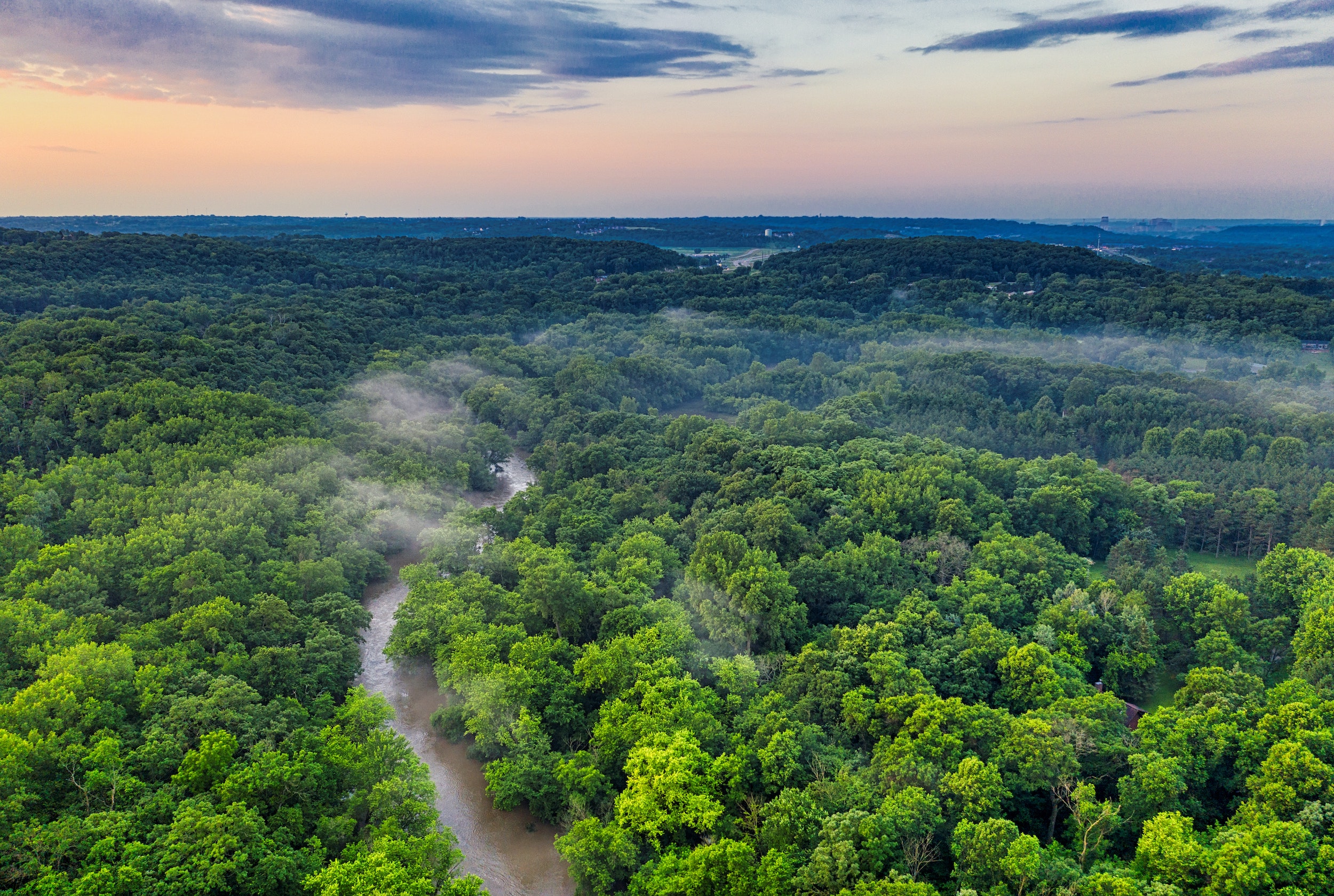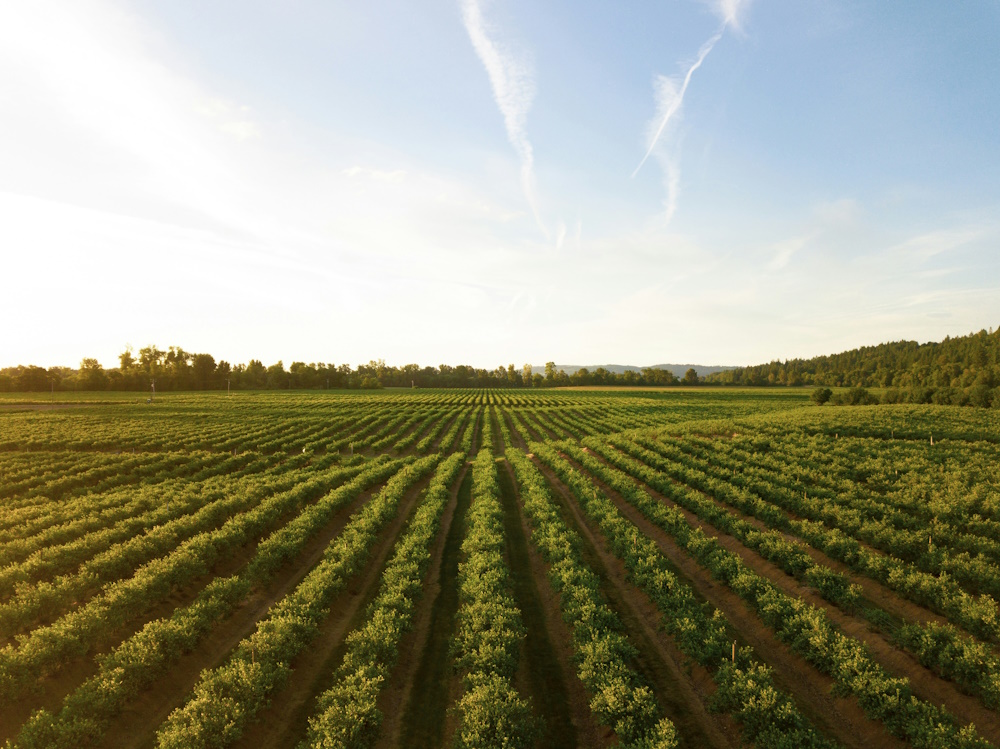A new “Nature+ Accelerator” fund promises to help solve one of the largest barriers to investing in nature – lack of a pipeline of investable projects that can scale. A flurry of funds focussed on the natural capital space have emerged in 2020. So how is this one different and why is this happening now?
COVID 19 has ensured that few financiers should be immune from understanding that nature can impact our economy. An invisible spec of biodiversity has forced governments to deploy some US$12 trillion to prop up an economic system that fails to account for its dependency on nature. The UK Treasury’s Dasgupta Review on the Economics of Biodiversity, released in February 2021, lays bare the inadequacy of GDP as a measure of the financial health of nations and, like the Stern Review before it, offers a new architecture for the emergence of a sustainable but this time, a nature-positive economy. Within the financial sector there is a gradual awakening that re-purposing the US$44Tn of our economy that is underpinned by nature’s services, that provide a clean atmosphere, water to drink, productive agriculture and vibrant oceans, might be a massive emerging opportunity.
In the 1990’s fossil fuels became the bogey man of the air we breathe; in the 20’s the global food system is becoming the bogeyman of the nature we need. According to a 2021 Chatham House report, global agri-systems are responsible for 86% of the loss of biological diversity. This has been accompanied by a 70% decline in the world’s animal populations in 50 years, according to WWF. So, is this the sector to start with? Investors ask me: “What is the equivalent of renewable energy in the nature space”. I say: “Renewable food!”. Veganism, vertical farming and meat without meat, are all challenging the food system status-quo, just as industrial farming rumbles on into a dead end of declining soil fertility, peak cattle and mono-cultures, dosed with poisoning chemicals. This will catalyse innovation.
Oceans too are ripe for change. 33% of the global fish take is illegal, un-reported or unregulated. Feeding fish farms with fish makes little sense, as oceanic stocks decline. Feeding farmed crustaceans with insect protein is an alternative, especially if their maggots fatten on plant waste left over from agriculture, such the fruit bunches of the oil palm industry. Discarded chitin in shrimp and insect shells might offer an alternative to plastic, especially if mixed with a spider’s nano-technology, that makes silk five times stronger than steel.
The challenge is that this market is not mature and so investment can be risky. Innovative approaches are needed to tease out the early-stage opportunities and nurture them to scale. Four risk-barriers need to be managed: the lack of investable projects; long lead times; small deal and the lack of a coherent scale up strategy, among the proliferation of investment funds for nature that have appeared in recent years. A determination to overcome all of them, is just why the Nature+ accelerator fund has been set up and it has an excellent pedigree of experts and experienced investors behind it.
Nature+ emerged from a collaboration between the financial and the conservation sector led by Mirova Natural Capital Platform, one of the largest impact investors in the ‘E’ of ESG, and backed by Natixis, a trillion $ French bank. The new fund is designed for new market entrants that wish to get a diversified and broad (across regions and thematic areas) exposure to nature-based markets, to rapidly build their internal know-how in an emerging asset class and to gain access to a direct investment pipeline, within a credible and de-risked (blended) investment vehicle. The US$50m fund eventually aims to catalyse a US$200m high quality investment pipeline. Nature+ is targeting a soft close in the first half of 2021 with at least US$10m investment capital. If successful, it has the added attraction of creating a pipeline of scalable projects that others in the market can benefit from too.
The fund has already attracted US$8 million from the Global Environment Facility, one of the world’s largest grant facilities for nature. The effect of this first loss guarantee is to create a profit driven (not philanthropy) approach with a single digit underwritten return through the junior tranche and an additional partial downside protection. This helps to de-risk the fund for family offices and asset managers eager to test a new kind of investment paradigm and to be in the vanguard of transforming our global economic outlook from one that is primarily nature-negative, to one that is nature-positive.
Additional upside potential is targeted through the increasing potential value of new environmental assets (for example blue carbon and soil carbon, biodiversity credits), and the increasing interest in global natural climate solutions within global carbon markets. Plus, investors will be supporting the UN Sustainable Development Goals, a key component of adding ‘purpose’ to investment portfolios, especially among the next generation to inherit family office assets.

Why this is so important now, is because nature and climate are emerging as supportive cousins. “Nature Based Solutions (NbS)” for climate, will be championed at COP 26 in Glasgow and the UK Government has pledged £3 billion of investment into this sector. Until recently, NBS received just 3% of climate investment, yet nature offers more than 30% of the climate mitigation opportunity through planting new trees, protecting old ones and reforming agriculture. Voluntary carbon markets have been growing at double digits in the past few years and most of the growth has come from NBS. According to the Little Book in Investing in Nature biodiversity offset markets are set to grow from US$6-9 billion per annum in 2019, to US$162-168 billion per year by 2030. To accelerate this, a new Taskforce for Scaling Voluntary Carbon Markets, has been launched by Mark Carney, UN Special Envoy for Climate Action and finance Adviser to Boris Johnson, for COP 26. It is chaired by Bill Winters, Group Chief Executive, Standard Chartered and is he looking at a 15 fold growth in the next 10 years.
A further innovation is to accelerate the delivery of pipeline by working with IUCN. International Union for the Conservation of Nature is the world’s largest organisation of scientists and experts dedicated to the preservation of nature worldwide. It’s Coalition for Private Investment in Conservation (CPIC), supported by Credit Suisse, has been developing investor blueprints in recent years, that will now be implemented through Nature+. All portfolio assets will be screened to meet the new IUCN Global Standard for Nature-based Solutions. This should reduce lead times and ensure quality.
In Unearthing Investor Action on Biodiversity, 2021, Credit Suisse says: “..55% of investors surveyed for this report believe that biodiversity is a major issue, which needs to be addressed within the next 24 months.” The Nature+ accelerator fund is a way to do just that and to catalyse the upside potential of new emerging environmental markets. The pace of action on Nature and finance is quickening. A taskforce on Nature-related Financial Disclosure (TNFD) will launch this year. It has received remarkable support from governments and the financial sector. It will create a powerful and linked twin, to the TCFD on climate. Global biodiversity finance makes up just 0.1% of global GDP. Unless this economic model changes, it will drive us to extinction. Now is the time to invest in the world we want, and it must be one that keeps us alive.



